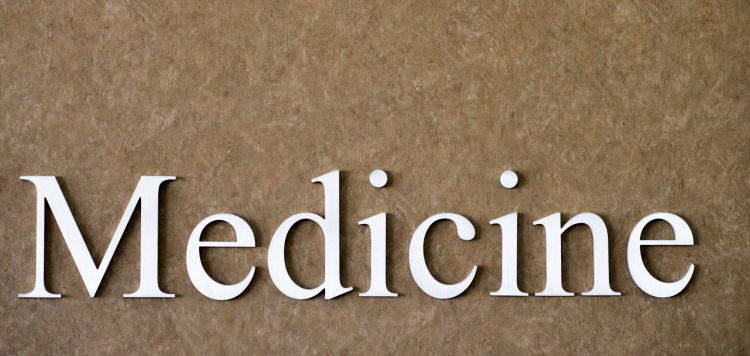Drs. Shobhina Chheda, Christine Seibert receive funding to promote health equity in medical education

![]()
![]() A new grant from the Wisconsin Partnership Program will support “Transforming Medical Education 2019-2022: Re-envisioning Curriculum, Technology and New Programs through a Health Equity Lens.” The three-year, $2.47 million grant supports the future direction of Transforming Medical Education (TME) and its aims to promote health equity in medical education.
A new grant from the Wisconsin Partnership Program will support “Transforming Medical Education 2019-2022: Re-envisioning Curriculum, Technology and New Programs through a Health Equity Lens.” The three-year, $2.47 million grant supports the future direction of Transforming Medical Education (TME) and its aims to promote health equity in medical education.
Shobhina Chheda, MD, MPH, professor (CHS), General Internal Medicine, and associate dean for medical education at the University of Wisconsin School of Medicine and Public Health (SMPH), pictured on left, is principal investigator and Christine Seibert, MD, professor (CHS), General Internal Medicine, and associate dean for medical student education and services at the SMPH, pictured on right, is co-principal investigator.
Through the project, SMPH leaders will recruit and develop quality improvement faculty mentors and community health engagement project facilitators to provide greater guidance to student projects to promote health equity for patients and communities.
They will also enhance the use of technology to promote student goal setting and within the competency development assessment process. A new learning electronic medical record will be implemented within the Clinical Teaching and Assessment Center (CTAC).
Finally, they will develop partnerships and plans for future SMPH programs that will impact health equity. These include an underserved-community–focused medical student program, an accelerated undergraduate-to-graduate medical education track in rural health, and a student medical education pathway of distinction that focuses on skills to impact health disparities.
The project’s overall goal is to strengthen the ability of SMPH graduates to use their health equity skills to inform and enhance the care they provide to their patients and within the health systems and communities they serve, ultimately to help close gaps in health outcomes throughout Wisconsin and beyond.